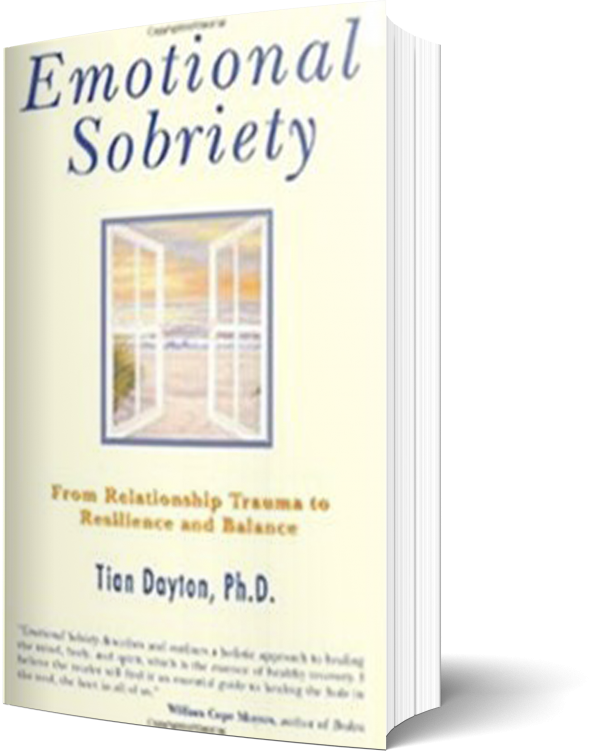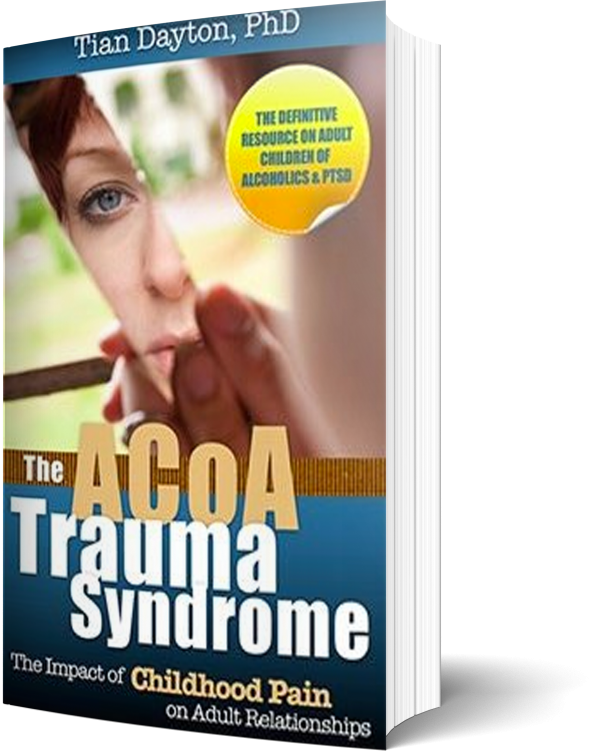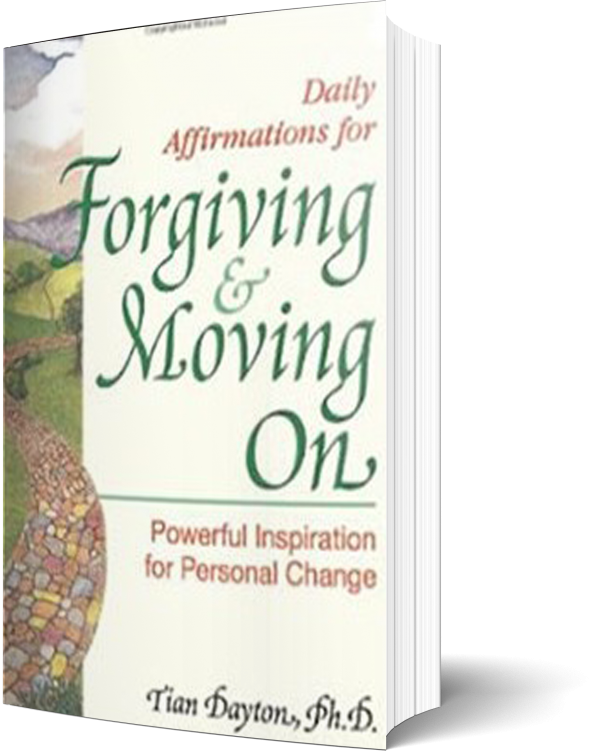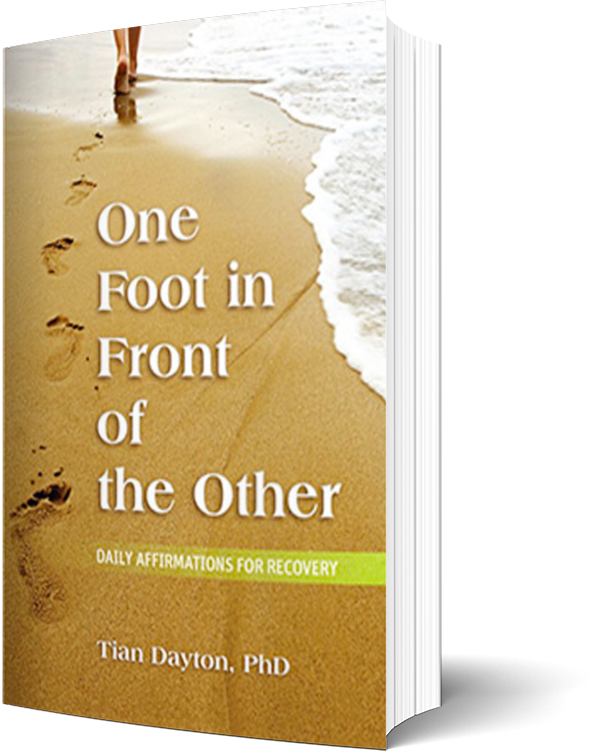The Chinese have a saying ………
“First the man takes the drink, then the drink takes the drink, then the drink takes the man.”
These eighteen words tell the story of addiction.
It is not about blame, blame doesn’t help. It is not about moral weakness even, the best of people succumb to addition once the body and mind have become compulsively dependent. Pointing fingers at those surrounding the addict is missing a crucial point as well, addiction becomes a family illness, everyone around the addict becomes invested in hiding the problem right along with the addict themselves. Putting Diane Schuler’s case aside for a moment and simply looking at the 32 comments that followed this article and all of the points of view represented there…well…what’s going on here? Why is the word “addiction” still such a hot button?
• Stigma: Addiction still carries the stigma of moral decrepitude to some extent, people don’t want to be seen as addicts, it’s too mortifying and injurious to their sense of who they are and who they think they should be.
• Blame: Addicts often point the finger at those close to them making spouses and children feel like it is their fault, that if they weren’t so “terrible, bad, annoying” the addict wouldn’t need to use. For this reason those surrounding the addict feel confused as to what the real problem might be or how much alcohol and drugs have affected their lives and relationships.
• Incideous Nature of the Disease: Addiction takes hold incrementally, family members slip seamlessly into denial right along with the addict, making excuses for why someone is “out of sorts’, “can’t show up”, “is just not themselves” and so on. Addicts seem to get the “flu” alot, have more “back aches” than other people and always seem to have an “upset stomach”. Over time this denial becomes a twisted kind of thinking and spins a web of subterfuge and secrecy around the addict, all designed to hide his or her use and abuse and the emotional and psychological pain that family members are in.
If Diane Schuler didn’t have some sort of problem with alcohol or pot why was her blood-alcohol level more than twice the legal limit and why did she have marijuana in her system having smoked it within an hour of driving five children home from the camp site? Blaming after the fact doesn’t help and that is not what we need to be doing. Being willing to identify the incipient signs of alcohol and drug abuse and doing something about them actually does work, there is so much help available for this disease today if we’re willing to be open and listen. But unfortunately, it doesn’t always work that way.
Reader’s Comments from our last blog:
andrewsmarilyn illustrates just how invested the family becomes in denying the impact of addiction: “It’s that all too often it’s the person who says there is a problem who gets in trouble, not the person who is the problem. “
“This quote from your article is very touching — and unfortunately very true. My personal experience exactly reflects this quote. My father is an alcoholic and when I was 16, left his house. I was not able to state openly that I believed him to have a drinking problem until I was 19. As a result of those actions, the majority of my immediate and extended family (from his side) have ostracized me and I am estranged from them. It is extremely hurtful, particularly as many of them now acknowledge what I stated many years ago is true (stated 15 years ago), however, likely due to their shame, they have yet to welcome me back into the family. I have learned that the only person you can control is yourself, however, so I try to remember that I did what was best for my health when I left, even though it meant suffering the lose of my other family members.”T
Sis Wenger’s (nacoa.org) comments from my last blog were, as many of you realized, referring to educating those who touch the lives of children to learn to identify signs of addiction in the family so that 1) the child can get some help for themselves and 2) the family disease of addiction can be addressed. Kids like “andrewsmarilyn” suffer in silence, afraid that they will lose those they love if they tell the truth about what’s really going on in their homes.
Scapegoating and passing the buck are some of the heartbreaking realities of drug and alcohol abuse. Pain loves a culprit and finger pointing and passing the buck are a constant feature of addicted family systems. All groups want to achieve “homeostasis” or a sort of functional, social balance. When an addict threatens the homeostasis of a family, the family group does what it has to do to “get rid” of the problem. Unfortunately because they are steeped in denial about the extent to which addiction is affecting the family, they often times identify something or someone other than addiction as the problem and set about “dealing” with or getting rid of them, it’s called scapegoating. It provides the family with temporary relief but the deeper problem of addiction is denied, grows and gets worse.
In interviews with family and friends a neighbor, Bob McClellan, a 59-year-old substance- and alcohol-abuse counselor, shared that they were all having difficulty understanding how the pleasant and normal seeming woman they knew could have been that woman in the car.”In my business, the secret lives of drinkers will sometimes astound you,” he said. “Sometimes even the family doesn’t know.”
Addiction is secretive; those who are dependent on alcohol and drugs want to hide it. They are ashamed of their own, desperate need to use substances to manage their emotional pain whether those substances are food, sex, internet porn, spending, alcohol or drugs. Addicts become masters at “looking normal” and their families unconsciously or consciously collude with them in presenting a “normal” face to the world because it is so frightening and disturbing to their sense of themselves to let the sad truth come out.
yorkriver1 addresses this in his comment: “One identifying feature of alcoholism is the inability for the alcoholic to see that they have a problem. The posts are correct that talk about taking away the addicted person’s options in order to keep them from causing harm. It could be years away or never that the addicted person every really gets the desire to quit for good. We need much more education to counteract the denial in families. Shame and fear of dishonor to the family can keep the unhealthy addictive behavior in place until tragedy occurs. Then the family may deny any addiction was the cause. This is a problem in families of all economic levels, wealthy and poor alike. Recent examples of which I am aware are in both kinds of families.Why do we avoid working to get help for alcoholics? When someone is ill, we get help. We even threaten legal action if parents try to deny chemotherapy to kids with cancer. Addiction is a sickness, not a cause for shame. The shame should come from not seeking help.”
Everyone in an addicted family system loses their “emotional sobriety”, their ability to think and feel clearly, to some extent of another, getting it back is slow and painstaking work and requires that each person in the system take a hard and honest look at themselves. Many people simply are not willing to do this. Maybe this is the place to say that recovery works. I grew up with serious addiction, my father was an alcoholic and by today’s definition probably a sex addict as well. All of us in our family were steeped in denial, busy putting on a brave face to the world and making excuses for his erratic behavior and denying the creeping mistrust and distance that was growing among us. When we finally got Dad into treatment his disease was so progressed that he never really could sustain sobriety. The rest of us were scattered by then having gone off to college, marriage and whatever and came to our own treatment each at different times and to differing degrees. We couldn’t even discuss the problem without huge blow ups, finger pointing, pain and blame. Over time we have made progress and that progress has been directly tied to the amount of help each of us has been willing to get. Many years ago I found alanon and it changed my life. For months, maybe even years, it was enough for me just to go to meetings, raise my hand and share for three minutes about the pain and confusion I carried from growing up in an addicted family system without clearing the room or bringing the roof down on my head. No one shouted at me, no one called me a big mouth, overly dramatic or said I had a poison tongue. No one left the room, slammed the door or stopped talking to me. They quietly nodded their heads, identified with me and shared their version of their story which sounded flabbergastingly like mine. I began to heal. Alanon and twelve step programs are one place that when you talk about these issues people “understand because they’ve been there”.





